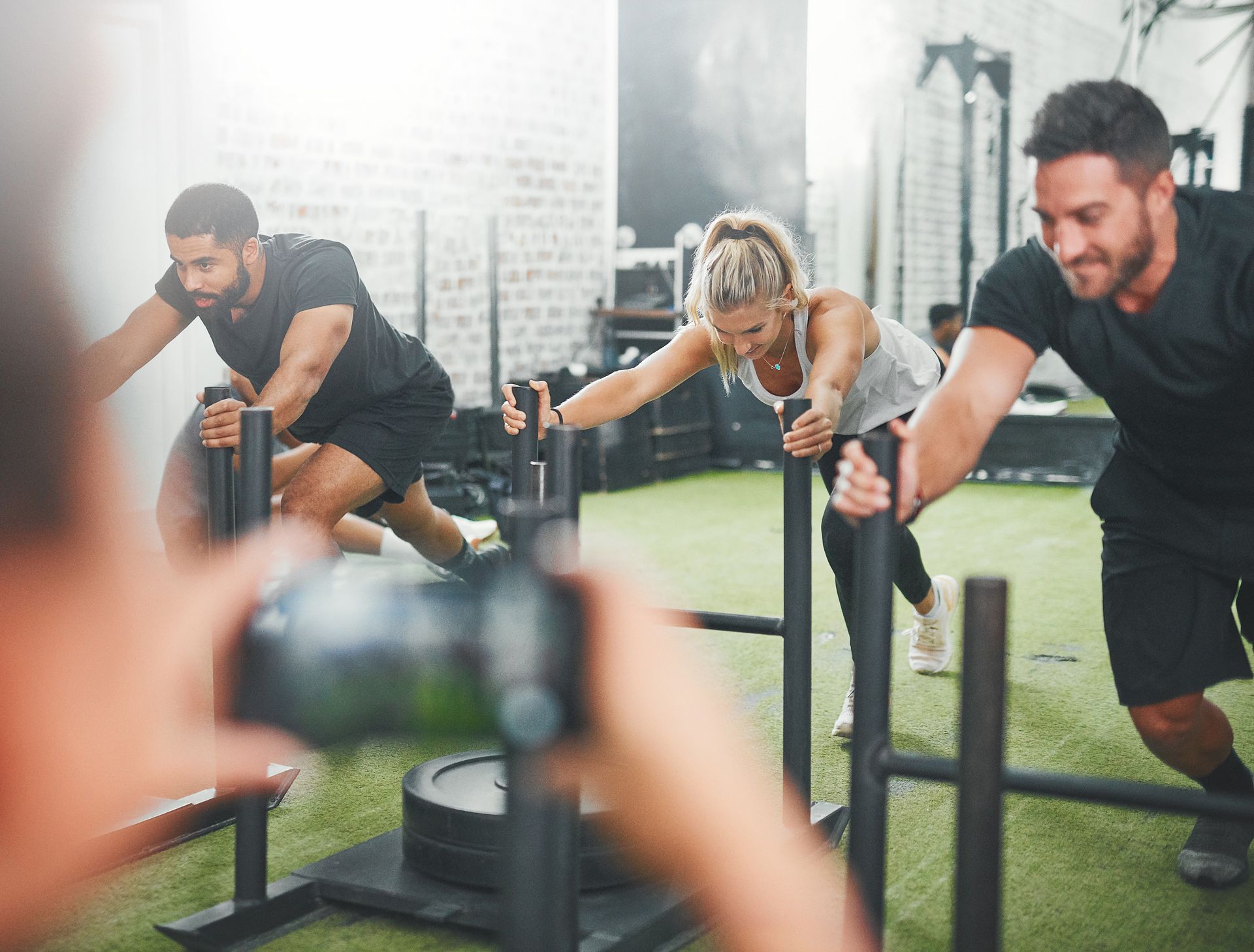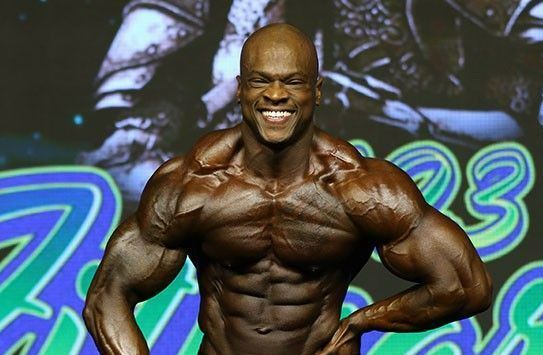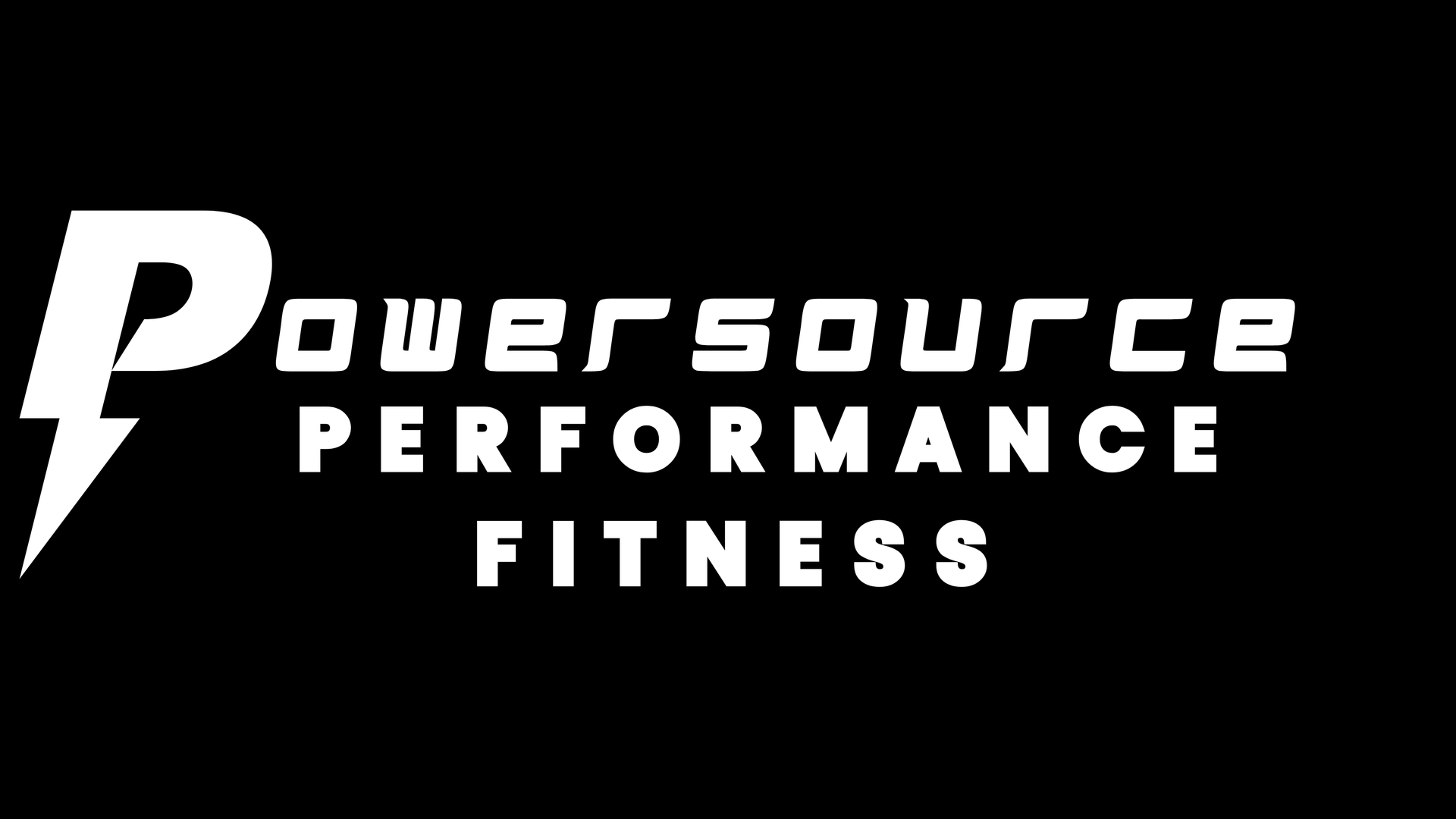The Top 4 Reasons You Should Start Exercising in November
November: it’s a month that conjures images of colorful leaves falling, warm sweaters, and the anticipation of the holiday season. As days become shorter and the weather turns colder, exercise often takes a back seat to other activities. However, November presents a unique and opportune time to kick-start your fitness journey. Here’s an in-depth look at the top 4 reasons you should consider launching your exercise regimen in November.
1. Get Ahead of the New Year’s Rush
The January Phenomenon
It’s a well-known fact that gyms are the most crowded in January. People are brimming with enthusiasm, fueled by New Year’s resolutions to get fit and healthy. However, this surge usually tapers off by February, leaving many to abandon their fitness goals.
The Early Bird Advantage
Starting in November grants you a strategic advantage. You’ll have a two-month head start to understand your fitness level, experiment with different workouts, and set achievable goals. By the time January comes, you’ll already be past the beginners’ challenges like muscle soreness, figuring out a routine to make time for fitness, and learning to use gym equipment.
Uninterrupted Progress
The gym environment in November is generally less crowded, giving you the luxury to explore at your own pace. Without the January crowd, you can focus on your fitness milestones and see faster improvements.
2. Beat the Holiday Weight Gain
The Caloric Explosion
The holiday season is synonymous with high-calorie foods. From Thanksgiving turkey and stuffing to Christmas cookies and pies, the opportunities to overindulge are countless.
Proactive Measures
Starting your exercise routine in November enables you to counterbalance the extra caloric intake with physical activity. You can indulge a bit during the holidays without the guilt or weight gain. It’s all about creating a balance and being proactive rather than reactive.

Figure 1 Exercise can reduce stress
3. Improve Mental Well-being
The Winter Blues
As November marks the onset of colder, darker, and shorter days, some people may experience Seasonal Affective Disorder (SAD). Exercise can alleviate symptoms by releasing endorphins, improving sleep, and reducing stress.
Mindfulness and Focus
The mental benefits of exercise aren’t just limited to mood enhancement. Regular exercise has been shown to improve cognitive functions, including memory and focus. This can be particularly beneficial as the year winds down and you need to stay focused on end-of-year responsibilities and festivities.
4. Build a Sustainable Habit Before the New Year
Habit Formation
According to research, it takes approximately 40-60 days to form a habit. Starting your exercise routine in November provides the time to be well on your way to a New Year healthy habit, rather than experiencing the much more common fleeting New Year’s resolution.
Layering Habits
With two months in hand before January, you also have the opportunity to layer your habits. An example is to focus on cardio in November, add strength training in December, and come January, you’re ready to incorporate flexibility exercises. This method of layering can make your fitness routine diverse and enjoyable.

Figure 2 Get a jump start before the New Year!
Conclusion
There is a unique combination of factors that make November an exceptional month to start exercising. From dodging the New Year gym rush and combating holiday weight gain to improving your mental health and taking advantage of special deals, the benefits are compelling. Most importantly, you have a solid opportunity to build a lasting habit that will serve you well into the New Year and beyond.
Don’t wait for January to turn a new leaf. Embrace the magic of November and take your first step on a transformative fitness journey today…
Start here: Book a No-Sweat Introduction to our gym
More Recent Posts





